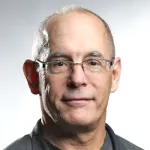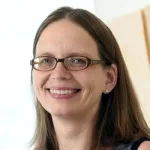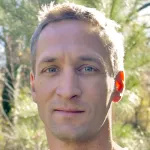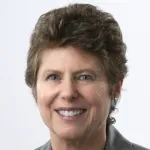Development and function of locomotor circuits in Drosophila
Stanford bio-X Frontiers in Interdisciplinary Biosciences Seminar
CHRIS DOE, UNIVERSITY OF OREGON
Dr. Doe and his lab group study the assembly of the nervous system in the fruit fly Drosophila. They are interested in how neuronal diversity is generated, how it is used to establish neuronal circuits, and how circuits generate diverse locomotor behaviors.










